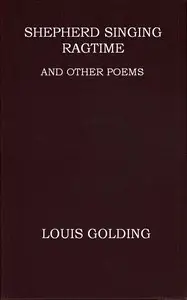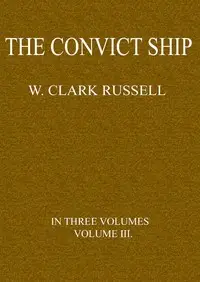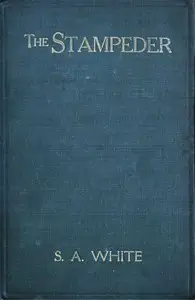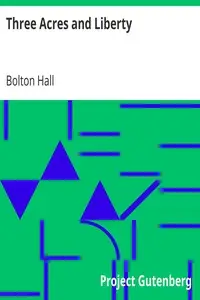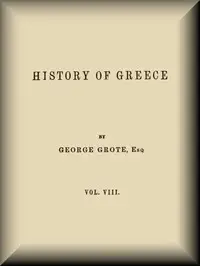"Miscellanea Curiosa, Vol. 3" by the Royal Society is a scientific publication written in the early 18th century. This volume compiles a collection of curious travels, voyages, and natural histories, particularly highlighting observations submitted to the Royal Society. It promises to engage readers interested in exploration, geography, and early scientific inquiry into various regions, especially those exploring the intersection of Europe and the Eastern world. The opening of this volume begins with an advertisement for newly published globes featuring recent discoveries in geography and astronomy, indicating the publication's emphasis on factual representation and scientific pursuits. Following this, it presents an account of a voyage in 1668 from England to Constantinople, narrated by Thomas Smith, detailing the maritime journey and the experiences of the ship’s crew as they navigate through various challenges, including harsh weather and encounters with local geography. The text emphasizes observations on tides, weather, and the sights seen along the way, setting a detailed and factual tone that characterizes the entire volume. (This is an automatically generated summary.)
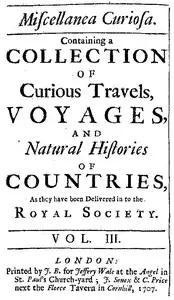
Miscellanea Curiosa, Vol. 3 containing a collection of curious travels, voyages, and natural histories of countries as they have been delivered in to the Royal Society
By Royal Society (Great Britain)
"Miscellanea Curiosa, Vol. 3" by the Royal Society is a scientific publication written in the early 18th century. This volume compiles a collection of...
The Royal Society, formally The Royal Society of London for Improving Natural Knowledge, is a learned society and the United Kingdom's national academy of sciences. The society fulfils a number of roles: promoting science and its benefits, recognising excellence in science, supporting outstanding science, providing scientific advice for policy, education and public engagement and fostering international and global co-operation. Founded on 28 November 1660, it was granted a royal charter by King Charles II and is the oldest continuously existing scientific academy in the world.


